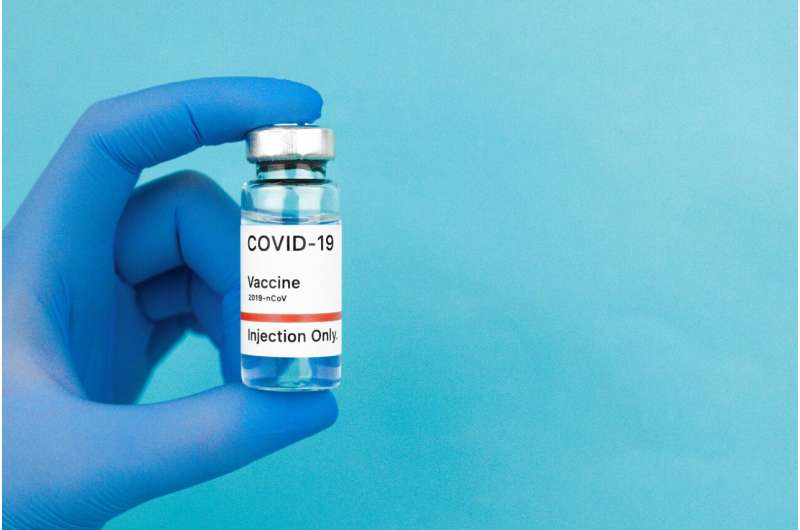Australian Study Confirms Link Between mRNA COVID-19 Vaccines and Menstrual Cycle Changes

A new Australian study confirms that mRNA COVID-19 vaccines are associated with temporary menstrual cycle changes, emphasizing the importance of community listening and advanced data analysis in public health.
Recent analysis of Australian health data reinforces the connection between mRNA-based COVID-19 vaccination and temporary alterations in menstrual cycles. Published in the journal Vaccine, this study highlights that women and menstruating individuals who received at least one dose of an mRNA COVID-19 vaccine were more likely to experience menstrual irregularities within six weeks post-vaccination. Remarkably, these changes were transient, with most resolving within three months.
The research utilized a large dataset from primary care clinics across Victoria and New South Wales, comprising anonymized health records of individuals presenting concerns about their menstrual cycles. To identify patterns, the team applied machine learning techniques to social media discussions and clinical data, providing a comprehensive understanding of community experiences and medical reports.
Dr. Aishwarya Shetty from Murdoch Children's Research Institute explained that social media monitoring helped detect an uptick in posts about menstrual changes following vaccination—an insight later validated via clinical data analysis. This approach addressed biases inherent in self-reported tracking apps or voluntary complaint forms, offering more robust results.
The findings reinforce the importance of listening to community concerns, especially in public health interventions like vaccination campaigns. Dr. Shetty emphasized that machine learning could enable rapid identification of emerging health issues, enhancing real-time monitoring and response capabilities. Her team’s system, VaxPulse, exemplifies this potential by analyzing social media and health data to flag new adverse effects, outbreaks, or public health concerns swiftly.
This research underscores the need for continued community engagement and transparent communication about vaccine safety, helping to reduce vaccine hesitancy. It also showcases the utility of advanced data analysis tools in health research, offering a faster, more efficient way to monitor health concerns.
Source: https://medicalxpress.com/news/2025-07-australian-link-mrna-covid-vaccination.html
Stay Updated with Mia's Feed
Get the latest health & wellness insights delivered straight to your inbox.
Related Articles
Innovative Wearable Device Harnesses Ambient Light for Continuous 24-Hour Health Monitoring
A novel wearable device leveraging ambient light can provide continuous 24-hour health monitoring, combining innovative energy harvesting technologies for improved efficiency.
Potential Medicaid Reductions Could Unfairly Impact Older Workers and Their Well-being
Proposed Medicaid cuts threaten to disproportionately affect older workers by imposing strict work requirements that could lead to significant health coverage losses, according to recent research.
Innovative Treatment Design Software Creates Personalized Plans for Movement Impairments
A groundbreaking treatment design software from Rice University creates personalized neuromusculoskeletal models to optimize interventions for movement impairments, promising better outcomes and tailored therapies.
Effective Strategies to Support Autistic Children with Mild to Moderate Delays
Discover effective, individualized strategies to support autistic children with mild to moderate developmental delays through a flexible, family-centered approach that promotes participation and well-being.



